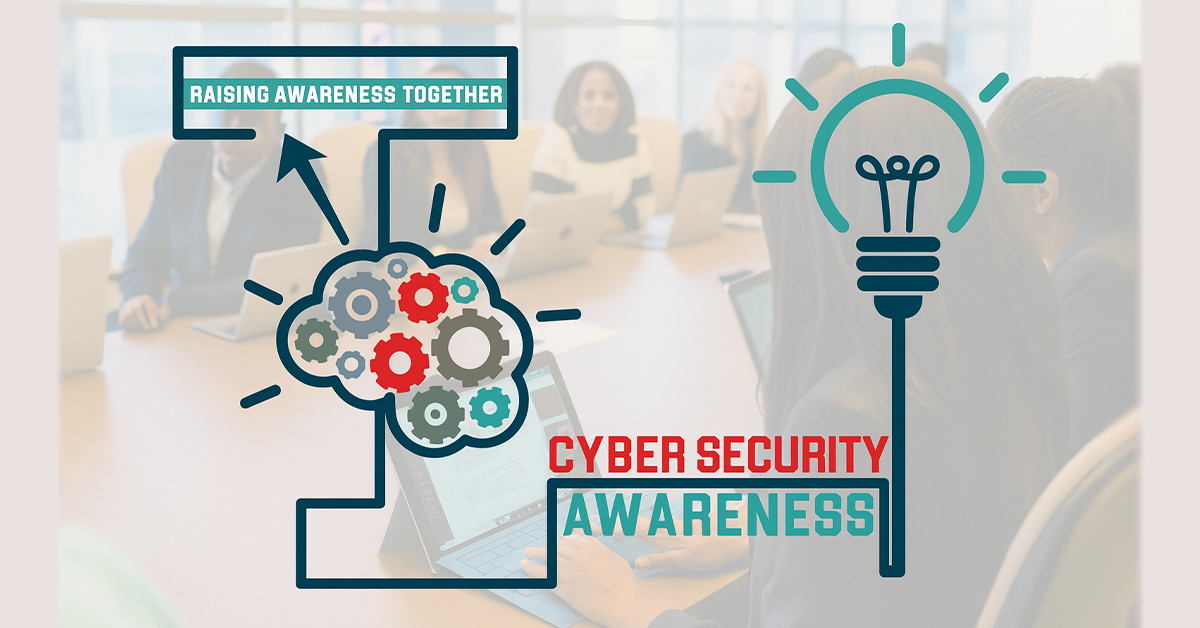Phishing has emerged as one of the most persistent cyber threats facing Australian businesses. These attacks are designed to trick employees into sharing sensitive information or clicking on malicious links, often disguised as emails from trusted brands or colleagues.
The fallout from a successful phishing attempt can be devastating. Beyond the immediate financial impact, businesses face long-term reputational damage and potential regulatory penalties. What makes phishing particularly dangerous is that it bypasses even the strongest technical security measures by targeting human behaviour.
Industries Most Affected by Phishing
While no organisation is immune, certain industries across Australia are disproportionately impacted by phishing.
1. Finance and Banking Facing Fraud and Credential Theft
Banks and financial institutions are frequently targeted due to their direct connection to money and account details. Fraudulent emails often impersonate trusted payment providers or internal staff.
2. Healthcare Struggling with Patient Data Protection
Hospitals and clinics manage sensitive health records, making them a prime target. Phishing attempts often masquerade as patient communications or medical updates.
3. Education Targeted for Student and Research Information
Schools and universities are attractive to attackers because of the large volumes of personal data and valuable research they store. Staff and students alike may lack strong cybersecurity awareness, increasing vulnerability.
4. Retail Exposed Through Payments and Supply Chains
Retailers deal with constant online transactions, making them highly susceptible to scams involving fake suppliers, invoices, or payment requests.
5. IT and Technology Companies Under Spear-Phishing Pressure
Technology providers often face more advanced spear-phishing campaigns aimed at stealing intellectual property or gaining access to broader client networks.
The Human Factor in Cybersecurity
Technology cannot solve phishing alone. Employees are the first line of defence, and their actions determine whether an organisation stays safe or becomes compromised.
Common mistakes include clicking on suspicious links, downloading attachments, or entering credentials on fake login pages. These errors are rarely intentional but stem from a lack of awareness.
This is why training is critical. When employees can confidently recognise phishing attempts, they dramatically reduce organisational risk
Here Are the 5 Reasons Why PhishCare is the Most Trusted Phishing Simulation Tool for Employee Awareness Training in Australia
PhishCare has become the preferred phishing simulation platform for Australian organisations by combining realistic training, industry relevance, and user-friendly tools.
1. Realistic Phishing Simulations That Replicate Real Attacks
Employees are exposed to phishing scenarios that mirror real-world tactics, from fraudulent invoices to impersonations of well-known brands.
2. Immediate Follow-Up Training for Employees Who Fall for Simulations
If an employee clicks or shares data during a simulation, they receive instant training through short videos, quizzes, and awareness content designed to reinforce learning.
3. Industry-Specific Scenarios That Reflect Real Threats
PhishCare adapts to industry risks. A healthcare organisation might see phishing emails disguised as patient updates, while a finance firm may face fake banking communications.
4. An Intuitive Dashboard That Simplifies Campaign Management
The dashboard provides real-time monitoring, making it easy for administrators to track open rates, clicks, and data submissions.
5. Actionable Reporting That Supports Compliance and Strategy
Detailed reports highlight behavioural trends and help businesses demonstrate compliance with cybersecurity requirements..
Key Benefits of PhishCare for Organisations
1. Building Resilience Through Ongoing Learning
PhishCare runs continuous campaigns, ensuring that employee awareness grows over time rather than fading after a one-time training session.
2. Turning Errors Into Valuable Learning Opportunities
The platform treats mistakes as chances to improve, creating a culture where employees feel supported in their learning journey.
3. Strengthening Compliance With Australian Standards
Reporting features provide evidence of training and awareness efforts, supporting compliance with data protection and security regulations.
4. Adapting Easily to Both Small Businesses and Large Enterprises
Whether a business employs 10 staff or 50,000, PhishCare scales effortlessly to deliver effective training at any size
Why Australian Businesses Continue to Trust PhishCare for Cyber Security Awareness Training
1. Authentic Simulations That Employees Take Seriously
The realism of simulations ensures employees engage with the training and apply the lessons in daily work.
2. Relevance Across Diverse Sectors and Industries
From finance to retail, PhishCare adapts scenarios to match the challenges faced by different sectors.
3. Ease of Adoption With Minimal Technical Barriers
The system is intuitive and accessible, enabling quick adoption without complex setup requirements.
4. Scalable Training Programs for Every Organisation Size
PhishCare suits small, medium, and enterprise-level organisations, making it a versatile solution.
Conclusion
Phishing is one of the most significant cybersecurity challenges facing Australian organisations today. While technology provides critical protection, it is employee awareness that determines whether businesses remain safe.
PhishCare addresses this challenge head-on. By combining realistic simulations, industry-specific scenarios, targeted follow-up training, and actionable reporting, it equips organisations with the tools to build a truly cyber-aware workforce.
This is why PhishCare continues to stand out as the most trusted phishing simulation tool for employee awareness training in Australia.
Frequently Asked Questions
1. Why should Australian businesses run phishing simulations regularly?
Regular training ensures that awareness is constantly reinforced, keeping employees alert to new tactics used by attackers.
2. Can PhishCare be customised for niche industries?
Yes. The platform allows scenarios to be adapted to reflect specific industry risks.
3. How does PhishCare ensure employees learn from mistakes?
Immediate follow-up modules turn errors into learning opportunities, reinforcing awareness in real time.
4. Is PhishCare suitable for small and medium organisations?
Absolutely. The platform is scalable, making it practical for organisations of all sizes.
5. What type of reporting and insights does PhishCare provide?
6. How does PhishCare assist with compliance requirements?
PhishCare’s reporting system helps organisations prove their cybersecurity awareness efforts and demonstrate compliance.


